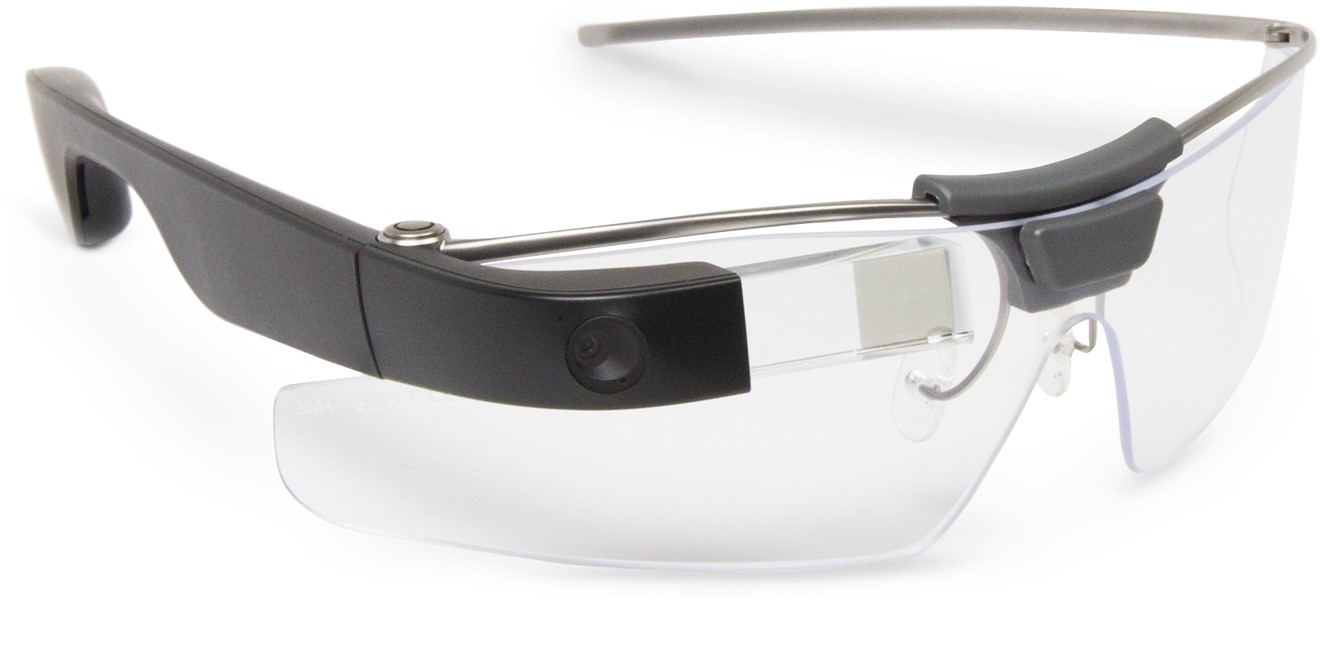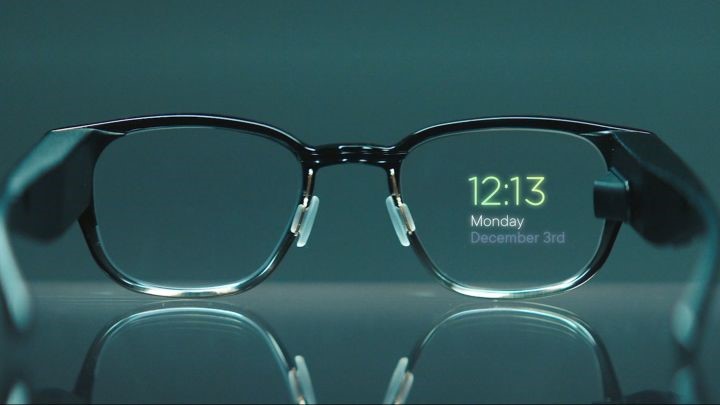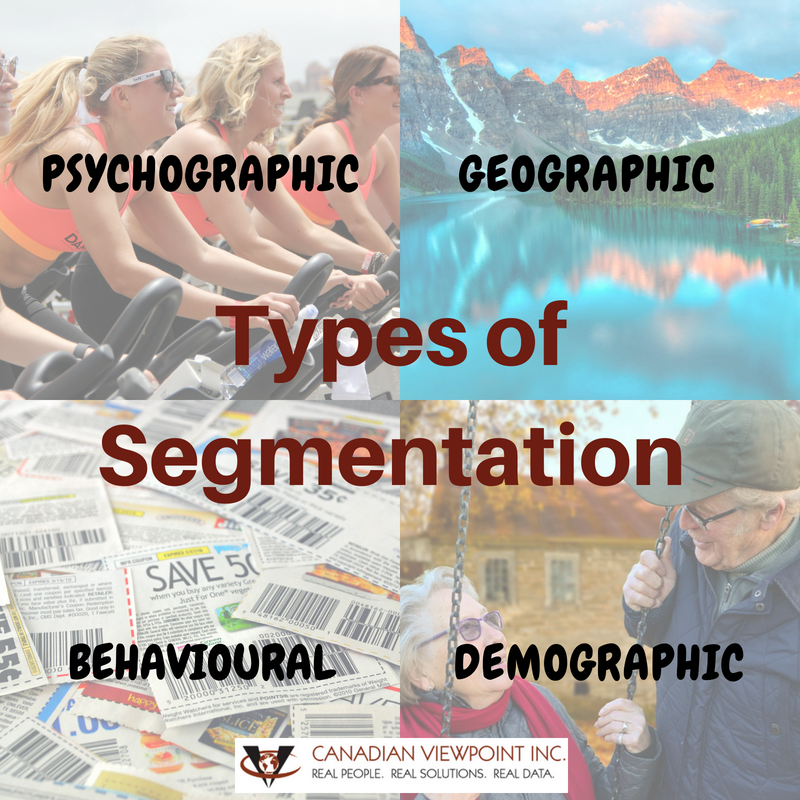
Remember these?
Google Glass.
The most amazing, smartest glasses ever made. Touted as a hands-free device for hands-free workers, they’re the ugliest pair of glasses you’ll ever own. Unless, of course, you’re wearing a pair held together with electrical tape.
It’s almost like Google didn’t even bother to conduct a single concept test, segmentation study, or IHUT with people outside the company. A concept test would have revealed that people who regularly wear glasses would feel left out and ignored by the innovation which couldn’t accommodate prescription lenses. And, that people who have even the remotest sense of fashion wouldn’t be caught wearing them outside their home. A segmentation study would have revealed that the glasses have far more functionality than as smart safety glasses for skilled workers or DIY folks who want to paint their living room.

Now take a look at these glasses.
Smart glasses.
Functional glasses.
Beautiful glasses.
They look like regular glasses that anyone might wear. They’re called Focals and they’re made by ByNorth.
As you see in the next image, these glasses have the potential to change lives – I mean it. Forget the fact that they can tell you the day and time. Those are basic, boring functionalities that anything digital must have. Table stakes.

More importantly, these fancy glasses are extremely functionable for desk workers. They’re connected to Alexa so you can play music, hear the news, and control your smart home. They can discretely inform you of the time and location of your next meeting, even while you’re talking to someone else, so you’re never late again. They can provide discrete navigation so that you don’t have to pull out a map and inform suspicious characters that you’re lost and susceptible. And, for those of us attending many conferences throughout the year, there will likely come a time when the glasses use facial recognition to identify people’s names, titles, and companies allowing you finally greet someone by name rather than by a puzzled, “Hey….. you…… hi…?!”
Where Google Glass flopped miserably, Focals might have discovered the solution. This must have come through carefully planned consumer testing.
Imagine the potential of these glasses in the marketing research world. Eye-tracking research will be vastly more accessible when a broader range of people are using smart glasses. Focus group moderators and interviewers will be able to stay on track of their discussion guides, or receive notes from the back room, without having to refer to a sheet of paper.
I don’t know about you, but this is a pair of glasses I can finally get behind!




